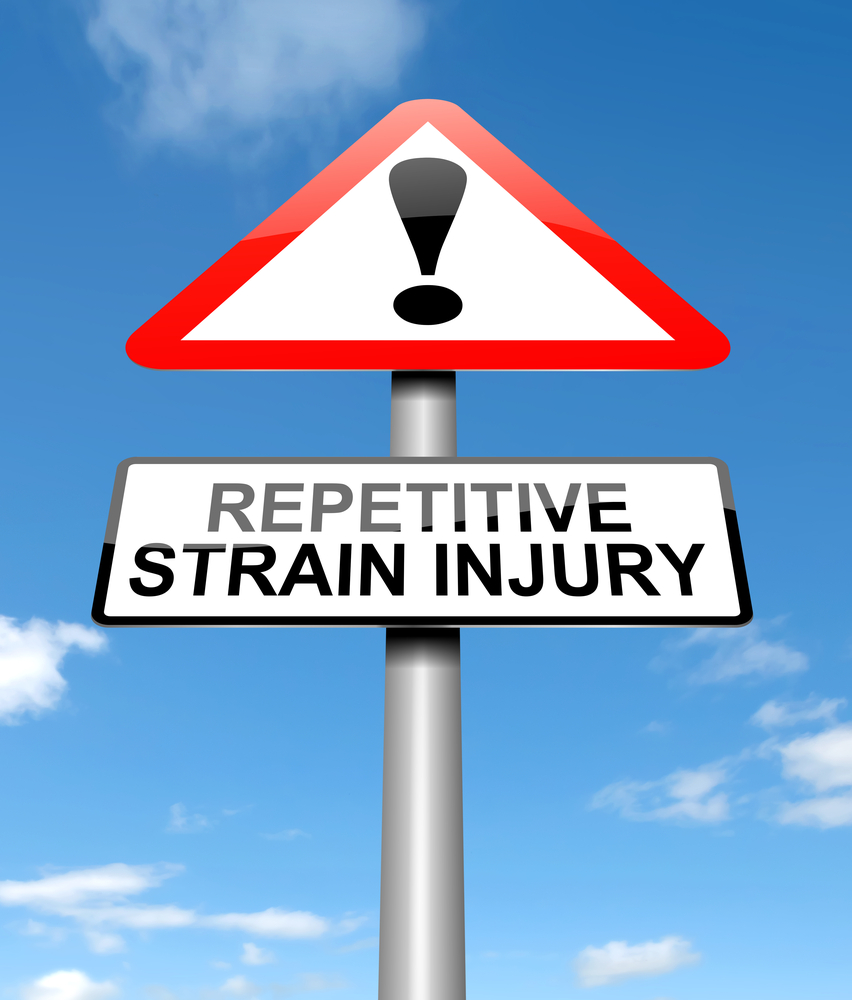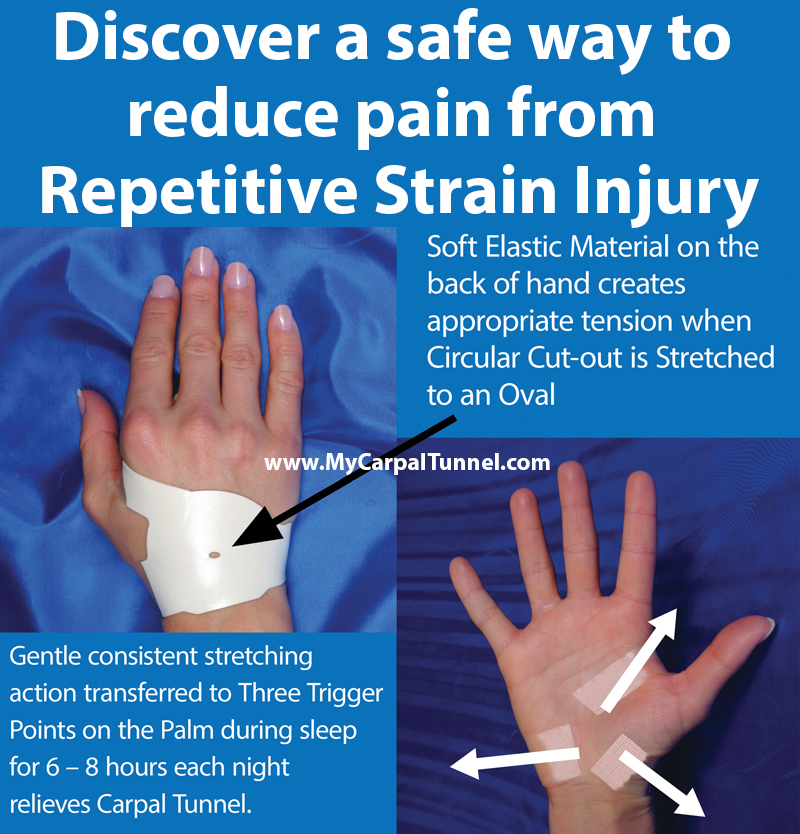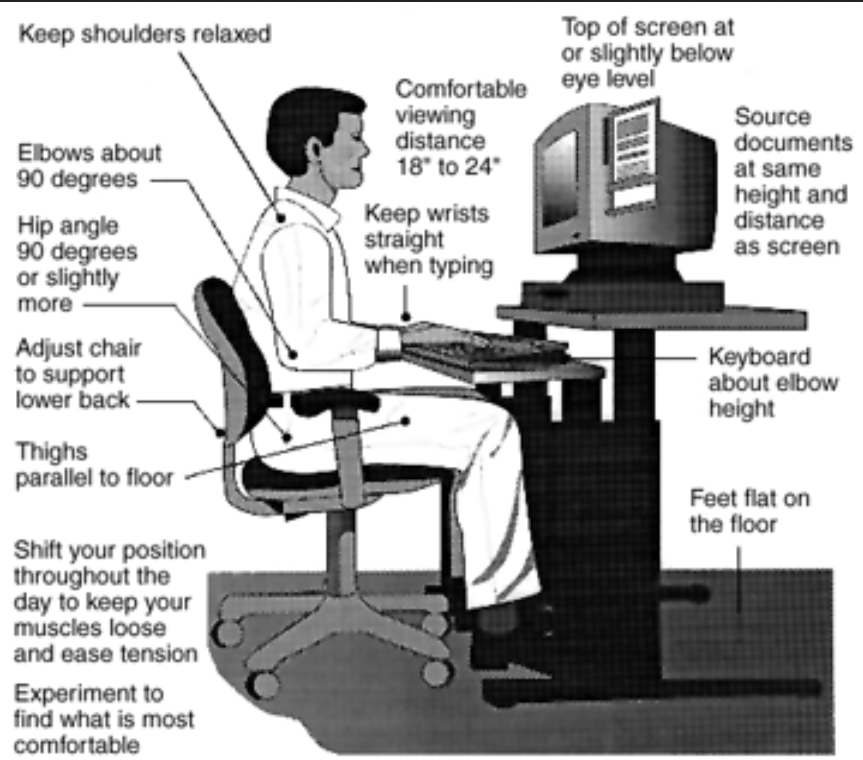Real Tips About How To Avoid Rsi

3 stretches to relieve tension in the hands and wrists worried about rsi?
How to avoid rsi. It is commonly recommended that you should take a five minute break after every 20 to 30 minutes of continuous activity. If you are suffering from rsi. What is a repetitive strain injury?
Repetitive strain injury (rsi) has been around since people first began repeating motions and carrying out. You might think that getting rsi in a sedentary office job would be quite difficult, but we’ve identified some common bad habits that often lead. How to prevent rsi?
How to prevent rsi: Repetitive strain or repetitive stress injury occurs when damage to muscles, nerves, and tendons builds up due to repetitive motions. Rsi prevention at work.
First aid for spinal injury. How to prevent repetitive strain injury rsi. In modern times, work is more than just worship.
Once we became aware of the outside threat, in the interest of protecting our partners and patients, we took immediate action to disconnect. Flex your fingers, and stretch your arms out to the side, above your head, then to your sides, keeping your spine straight. Repetitive strain injury prevention.
Give these preventative exercises a go to relieve tension after a day spent at your. Practising proper posture and body mechanics are essential in minimising the impact of physical tasks on your body. Repetitive strain injury (rsi) is a term sometimes used for pain caused by repeated movement of part of the body.
One of the most frequent pieces of advice you will hear if you have rsi is to take regular breaks. Arthritis, diabetes, or other serious medical condition. We work for countless hours trying to cope up with.
It often gets better on its own, but there are things you. It's also one of the most difficult pieces of advice to follow. The it supplier added:
What are repetitive strain injuries? Follow these simple tips to prevent rsi while working out or training for a sport: What is a repetitive strain injury?
Most wrist pain from gaming is caused by a repetitive strain injury (rsi), not carpal tunnel syndrome. A repetitive strain injury is damage to your muscles, tendons or nerves caused by repetitive motions and constant.
















